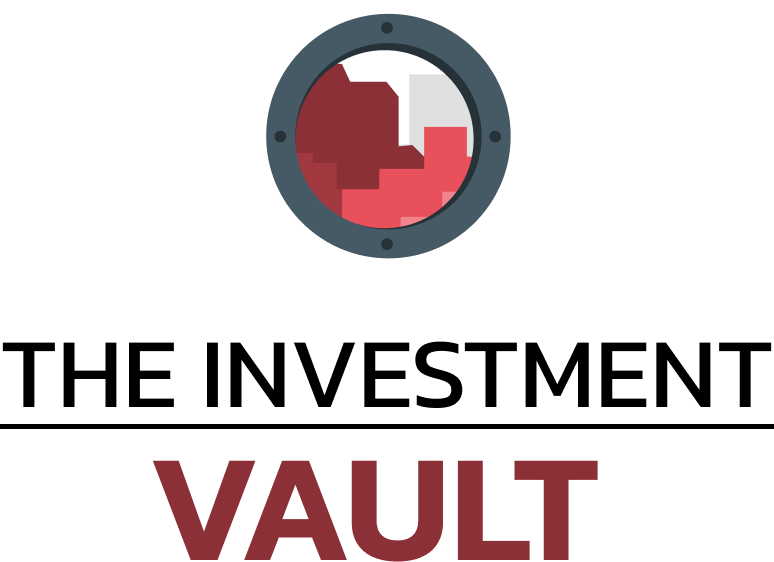When the bankers called for a central bank in the US, they claimed to only want a way to stop bank runs. It turns out that they wanted—and got—much more. The permanent regime of inflation and asset bubbles is the result.
With Europe moving toward conflict in 1938, a number of economists and other intellectuals met in Paris to try to revitalize liberalism. Ludwig von Mises also was there as a lonely voice defending laissez-faire and the free market economy.
Legal philosopher Jeremy Waldron in his book The Rule of Law and the Measure of Property challenges the Lockean view of legitimate property ownership. David Gordon sheds light on Waldron's confusing positions.
Dr. Philipp Bagus explains the main ideas from his new book which defends Misesian business cycle theory from a recent critique.
When discussing the homeless situation in the US, Star Trek does not usually come to mind. However, one episode from about three decades ago was both insightful and prophetic in presenting what would be homelessness in San Francisco.
What does ChatGPT know about money? More than one might think. George Ford Smith asks the AI program some questions about money and gets some surprising answers.
While Henri Bergson did not point his intellectual abilities toward politics, lesser men who were unscrupulous commandeered his ideas to promote their own collectivist ideologies.
In the past four years, a number of monuments honoring the Confederacy have been torn down or removed. As we have seen before, however, the activism behind this movement will not stop with just taking down Confederate symbols.
Remember when progressive governments outlawed church gatherings but sanctioned sex orgies? Yes, it really happened.
Ask most people why our economy is advanced, and they will likely will answer, “Technology.” Yet, technical knowledge is meaningless without capital development, and capital development is impossible without real savings.
- 1
- 2
- 3
- 4
- 5
- 6
- 7
- 8
- 9
- 10
- 11
- 12
- 13
- 14
- 15
- 16
- 17
- 18
- 19
- 20
- 21
- 22
- 23
- 24
- 25
- 26
- 27
- 28
- 29
- 30
- 31
- 32
- 33
- 34
- 35
- 36
- 37
- 38
- 39
- 40
- 41
- 42
- 43
- 44
- 45
- 46
- 47
- 48
- 49
- 50
- 51
- 52
- 53
- 54
- 55
- 56
- 57
- 58
- 59
- 60
- 61
- 62
- 63
- 64
- 65
- 66
- 67
- 68
- 69
- 70
- 71
- 72
- 73
- 74
- 75
- 76
- 77
- 78
- 79
- 80
- 81
- 82
- 83
- 84
- 85
- 86
- 87
- 88
- 89
- 90
- 91
- 92
- 93
- 94
- 95
- 96
- 97
- 98
- 99
- 100
- 101
- 102
- 103
- 104
- 105
- 106
- 107
- 108
- 109
- 110
- 111
- 112
- 113
- 114
- 115
- 116
- 117
- 118
- 119
- 120
- 121
- 122
- 123
- 124
- 125
- 126
- 127
- 128
- 129
- 130
- 131
- 132
- 133
- 134
- 135
- 136
- 137
- 138
- 139
- 140
- 141
- 142
- 143
- 144
- 145
- 146
- 147
- 148
- 149
- 150
- 151
- 152
- 153
- 154
- 155
- 156
- 157
- 158
- 159
- 160
- 161
- 162
- 163
- 164
- 165
- 166
- 167
- 168
- 169
- 170
- 171
- 172
- 173
- 174
- 175
- 176
- 177
- 178
- 179
- 180
- 181
- 182
- 183
- 184
- 185
- 186
- 187
- 188
- 189
- 190
- 191
- 192
- 193
- 194
- 195
- 196
- 197
- 198
- 199
- 200
- 201
- 202
- 203
- 204
- 205
- 206
- 207
- 208
- 209
- 210
- 211
- 212
- 213
- 214
- 215
- 216
- 217
- 218
- 219
- 220
- 221
- 222
- 223
- 224
- 225
- 226
- 227
- 228
- 229
- 230
- 231
- 232
- 233
- 234
- 235
- 236
- 237
- 238
- 239
- 240
- 241
- 242
- 243
- 244
- 245
- 246
- 247
- 248
- 249
- 250
- 251
- 252
- 253
- 254
- 255
- 256
- 257
- 258
- 259
- 260
- 261
- 262
- 263
- 264
- 265
- 266
- 267
- 268
- 269
- 270
- 271
- 272
- 273
- 274
- 275
- 276
- 277
- 278
- 279
- 280
- 281
- 282
- 283
- 284
- 285
- 286
- 287
- 288
- 289
- 290
- 291
- 292
- 293
- 294
- 295
- 296
- 297
- 298
- 299
- 300
- 301
- 302
- 303
- 304
- 305
- 306
- 307
- 308
- 309
- 310
- 311
- 312
- 313
- 314
- 315
- 316
- 317
- 318










